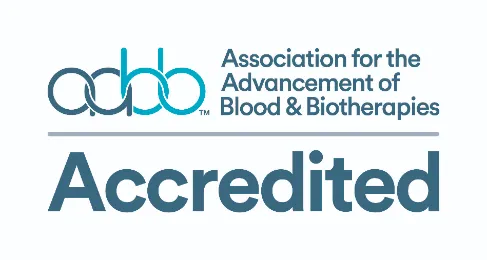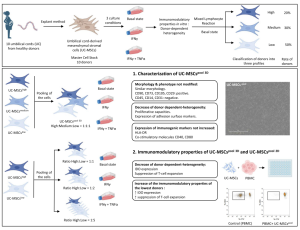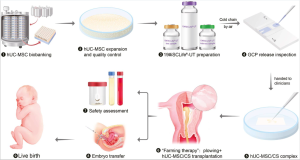Exosome, May 11 , 2024

Knee osteoarthritis (OA) can be a debilitating condition, causing pain and stiffness that limit mobility and quality of life. While traditional treatments focus on managing symptoms, emerging therapies seek to address the underlying causes of OA, offering hope for long-term relief.
One promising approach involves the use of adipose-derived stem cells (ADSCs), which have shown potential in alleviating OA symptoms by releasing exosomes and anti-inflammatory cytokines. However, the therapeutic effects of ADSCs are often short-lived due to their rapid disappearance after administration into the joint cavity.
In a recent study, researchers at the Kanazawa Medical University explored a novel strategy to prolong the survival of ADSCs in the joint cavity for enhanced therapeutic efficacy. They investigated the potential application of ADSCs adhered to atelocollagen microspheres (AMSs) for the treatment of knee OA.
ADSCs were cultured in AMS suspension or adherent culture dishes for varying durations. The researchers analyzed the secretion of interleukin-10 (IL-10) and exosomes from the cultured ADSCs, as well as the expression of genes involved in extracellular matrix and immune regulation using transcriptome analysis. Additionally, they evaluated the solubility of AMSs and the viability of ADSCs in synovial fluid obtained from knee OA patients.
The study findings revealed that ADSCs cultured on AMSs exhibited a significant increase in the secretion of exosomes and IL-10 compared to traditionally cultured ADSCs. Transcriptome analysis also indicated alterations in the expression of genes related to extracellular matrix and immune regulation in AMS-cultured ADSCs.
Furthermore, when AMS-cultured ADSCs were exposed to synovial fluid from knee OA patients to simulate the intra-articular environment, the AMSs dissolved, releasing viable ADSCs. Importantly, AMS-cultured ADSCs demonstrated significantly higher long-term viability compared to traditionally cultured ADSCs.
These results suggest that ADSCs adhered to atelocollagen microspheres hold promise as a novel approach for cell therapy in knee OA. By prolonging the survival of ADSCs in the joint cavity and enhancing their therapeutic potential, AMSs could represent a significant advancement in the treatment of this debilitating condition.
As research in this field continues to evolve, further studies are needed to validate these findings and explore the clinical implications of AMS-adhered ADSCs in real-world settings. Nonetheless, this study offers a glimpse into the exciting potential of stem cell therapy for knee OA and underscores the importance of innovative approaches to improve patient outcomes.
References
Sakamoto T, Fuku A, Horie T, Kitajima H, Nakamura Y, Tanida I, Sunami H, Hirata H, Tachi Y, Iida Y, Yamada S, Yamamoto N, Shimizu Y, Ishigaki Y, Ichiseki T, Kaneuji A, Osawa S, Kawahara N. (2024) A novel cell source for therapy of knee osteoarthritis using atelocollagen microsphere-adhered adipose-derived stem cells: Impact of synovial fluid exposure on cell activity.
Source: Exosome RNA
Link: https://exosome-rna.com/a-novel-cell-source-for-therapy-of-knee-osteoarthritis-using-atelocollagen-microsphere-adhered-adipose-derived-stem-cells/









